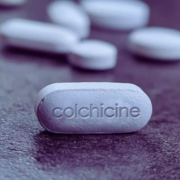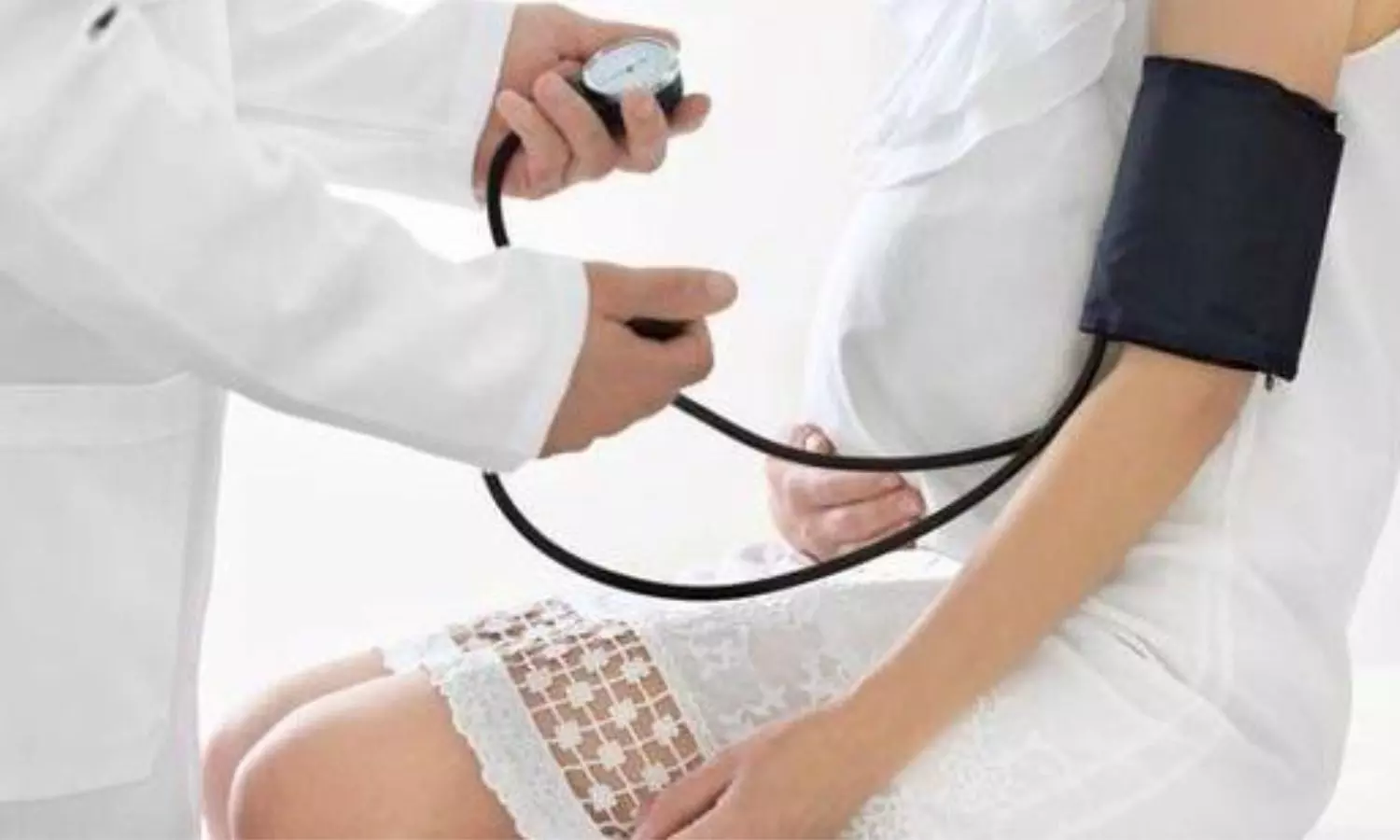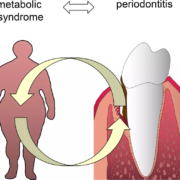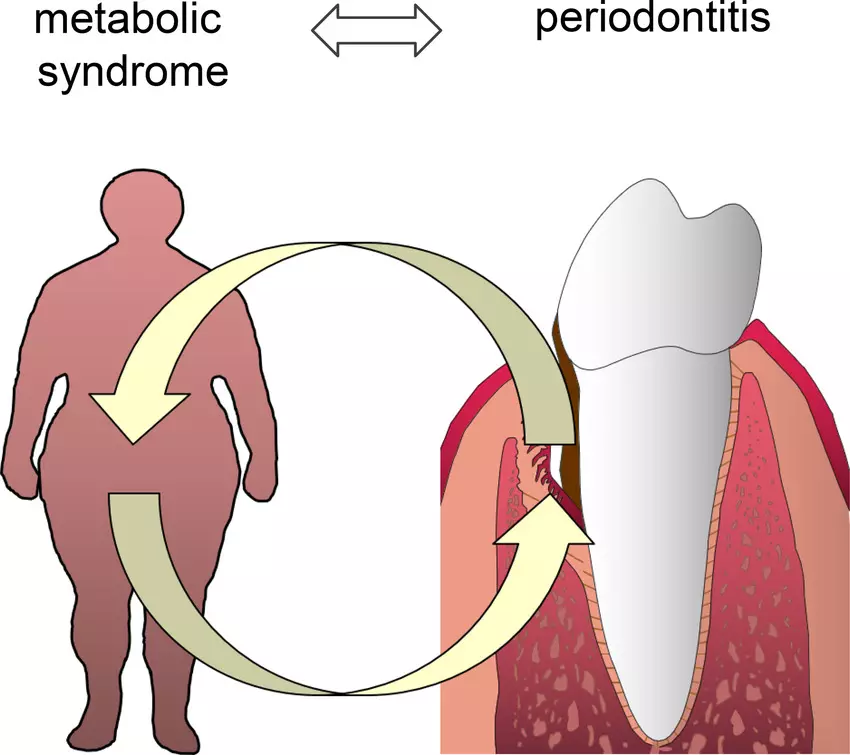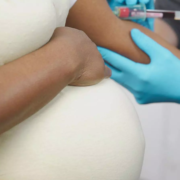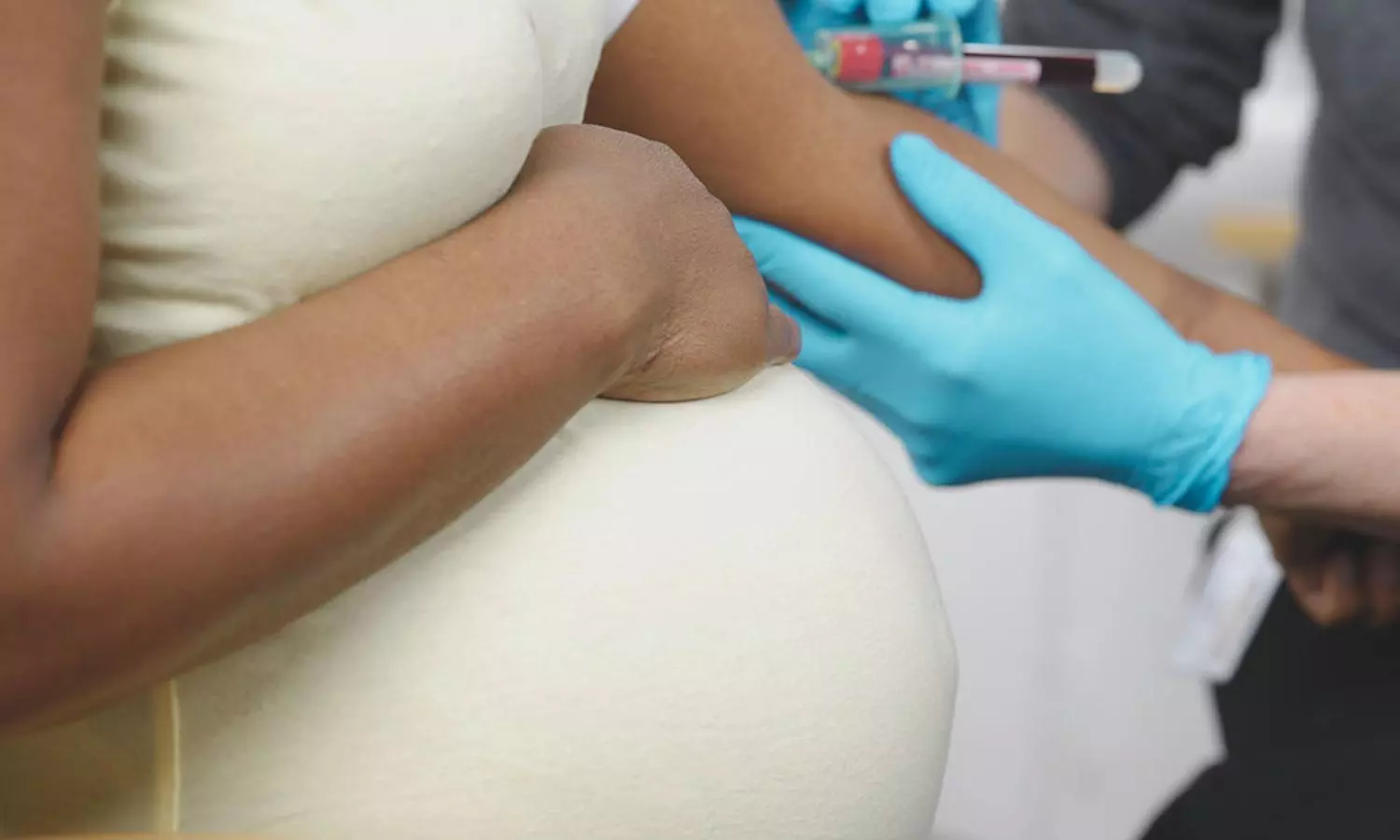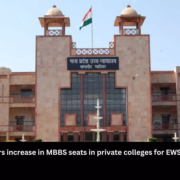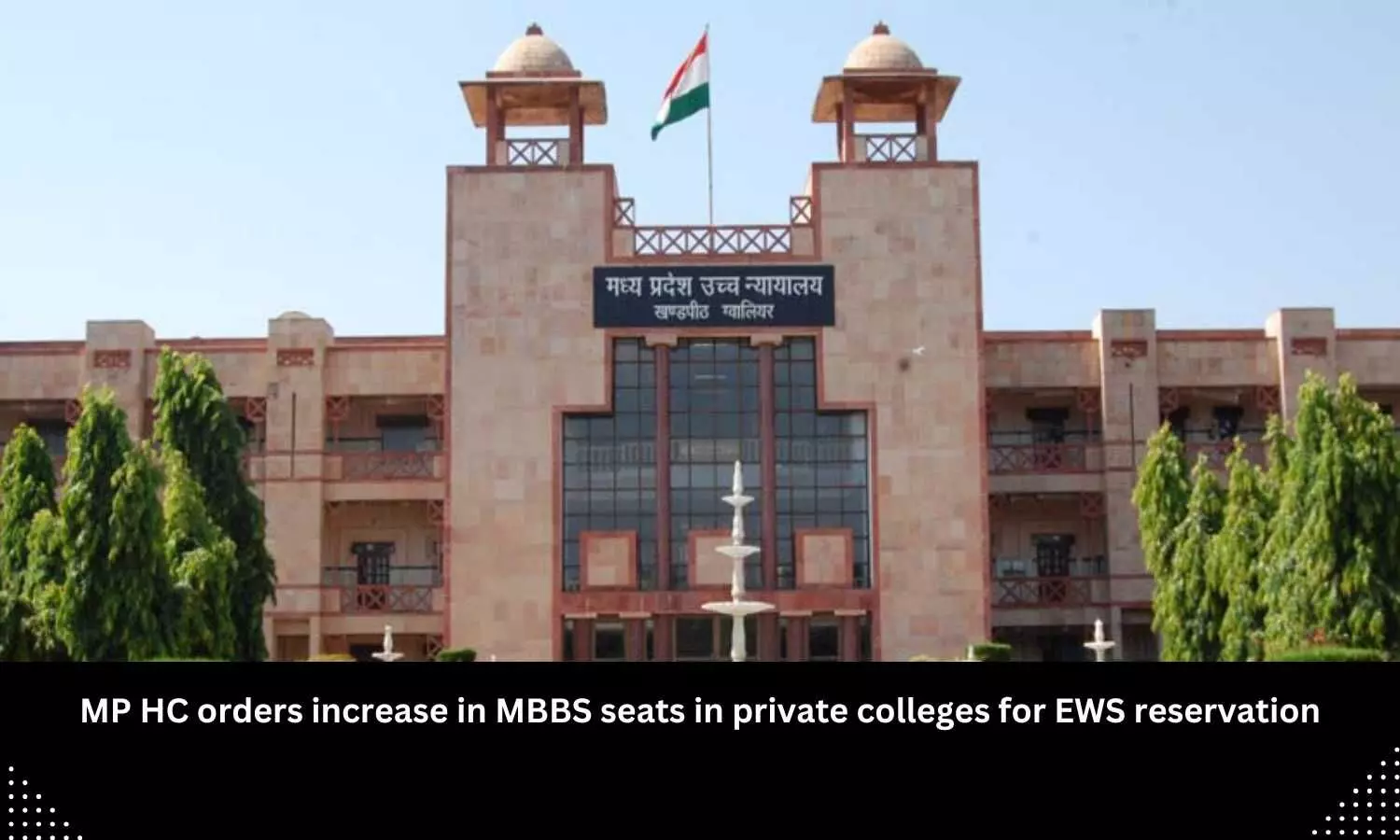Colchicine prophylaxis in urate-lowering therapy may reduce risk of cardiovascular events: Study
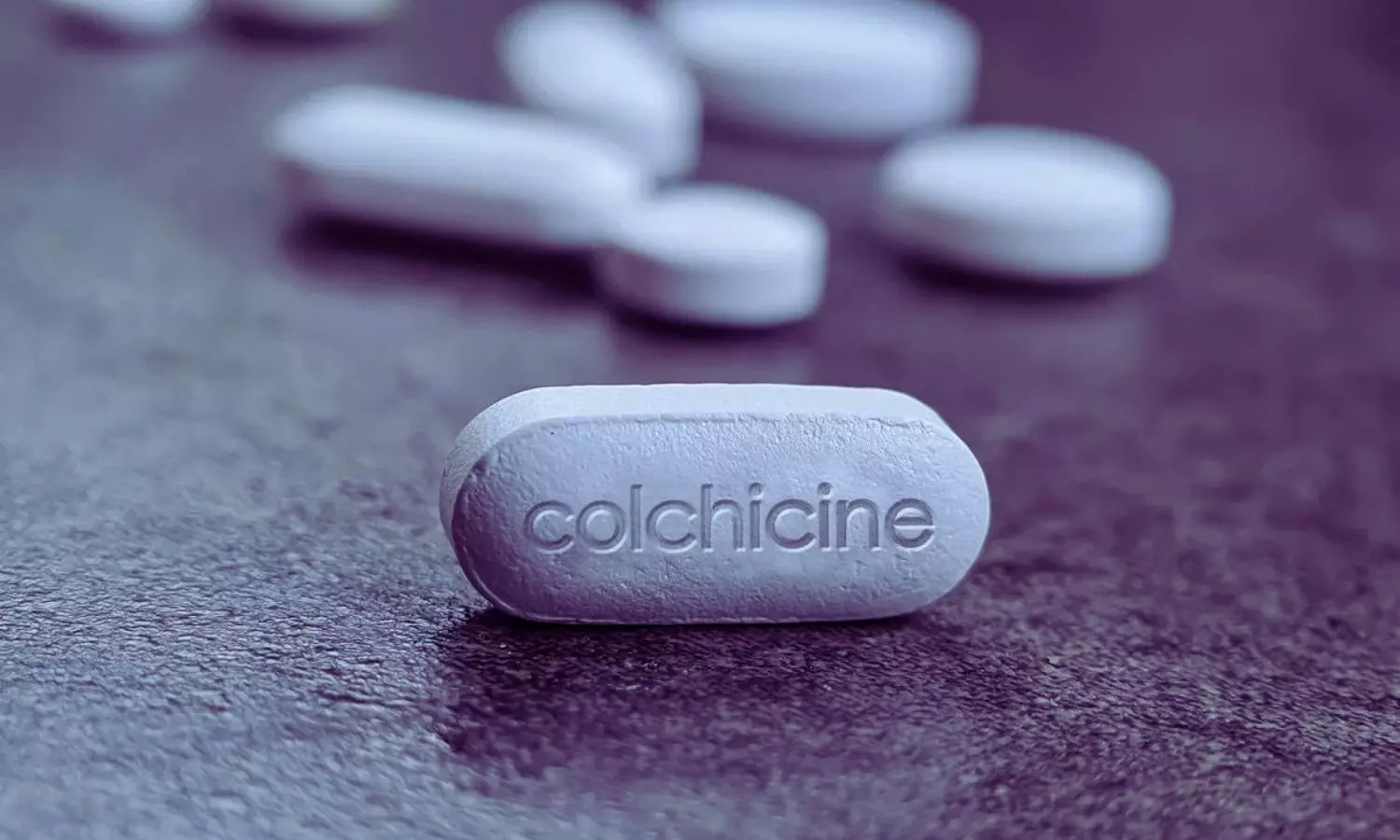
A new study published in the journal of The Lancet Rheumatology showed that individuals with gout who started urate-lowering treatment had a decreased risk of cardiovascular events when compared to patients who were not taking preventive colchicine.
Gout flares may occur when urate-lowering medication is started. There is a temporarily elevated risk of cardiovascular events linked to flare-ups of gout. Therefore, Edoardo Cipolletta and his team set out to assess the risk of cardiovascular events in gout patients starting urate-lowering treatment with flare prophylaxis using colchicine versus no prophylaxis.
Using information from the Clinical Practice Research Datalink Aurum, an English primary-care database connected to hospitalization and death records, this study was conducted a retrospective new-user cohort analysis. They contrasted individuals who were taken colchicine for flare prophylaxis with those who were not treated with any kind of gout flare prophylactic. The exposure of interest was colchicine prophylaxis (defined as a prescription for ≥21 days) given concurrently with urate-lowering treatment. The main outcome, independent of any prior cardiovascular events, was a composite of fatal and non-fatal myocardial infarction or stroke within 180 days following the start of urate-lowering treatment.
To equalize factors across study groups, propensity score overlap weighting was employed. In addition to intention-to-treat and per-protocol analyses (the latter with an inverse likelihood of censoring weighting), they employed Cox regression. The hazard ratio and risk difference with 95% CIs were used to quantify the link. Prioritizing the study issue involves members of the UK Gout Society.
A total of 99,800 gout patients who were starting urate-lowering treatment were included in the trial out of the 111,460 patients who qualified. With a mean age of 62·8 years, there were 25 511 female patients out of 99 800, 74 289 male patients, and 84 928 White patients. A total of 16,028 patients were administered colchicine prophylaxis, whereas 4063 individuals had prior cardiovascular events. The risk of cardiovascular events was considerably lower in patients who received colchicine prophylaxis than in those who did not.
According to the intention-to-treat analysis, the weighted rates of cardiovascular events were 28.8 per 1000 person-years for patients who received colchicine prophylaxis and 35·3 per 1000 person-years for those who did not. The results for secondary outcomes, stratified analyses, and analytical techniques were comparable. Overall, when gout patients started using urate-lowering medication, those who were provided colchicine prophylaxis had a decreased risk of cardiovascular events than those who did not.
Reference:
Cipolletta, E., Nakafero, G., McCormick, N., Yokose, C., Avery, A. J., Mamas, M. A., Choi, H. K., Tata, L. J., & Abhishek, A. (2024). Cardiovascular events in patients with gout initiating urate-lowering therapy with or without colchicine for flare prophylaxis: a retrospective new-user cohort study using linked primary care, hospitalisation, and mortality data. In The Lancet Rheumatology. Elsevier BV. https://doi.org/10.1016/s2665-9913(24)00248-0
Powered by WPeMatico

